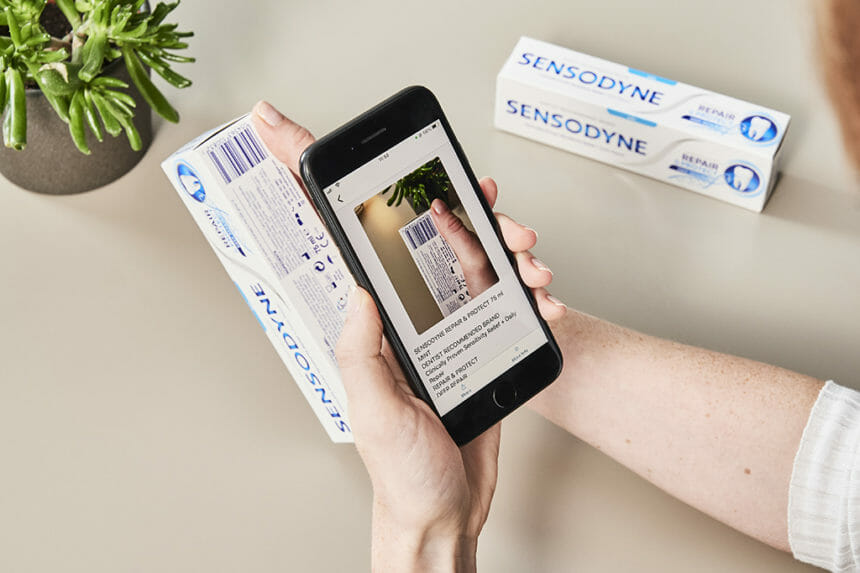GSK consumer health spinoff Haleon launched one of its first campaigns as a standalone unit Thursday, tackling blindness and visual impairment among consumers.
In partnership with Microsoft, Haleon is rolling out an audio-first campaign that aims to make health products more easily accessible to people who are blind or visually impaired.
Microsoft’s Seeing AI app, which provides audio narration and descriptions, is integrated into the campaign to assist consumers who may struggle to read the labels on self-care and health products like toothpaste and pain relief pills.
“Helping people access vital information on our products is one of our first initiatives on our journey to making everyday health more inclusive for all,” Tamara Rogers, chief marketing officer at Haleon, said in a statement.
More than 90% of people with visual impairments reported having difficulties reading labels of health products, according to a Haleon survey. This makes those products less accessible or disability-friendly for consumers. One in five respondents said they may have taken wrong doses of medications due to not being able to read labels.
In a previous interview with MM+M, Haleon’s U.S. chief marketing officer Katie Williams stressed the company’s goal of making “everyday health” more inclusive.
“What we learned during the pandemic is that there were significant disparities between people’s overall health,” Williams said. “We want to make sure we’re taking recognition of that and bringing as many people along the journey to everyday health as possible.”
Some 12 million people over the age of 40 in the U.S. have a vision impairment, according to the Centers for Disease Control and Prevention. One million of those are blind.
The campaign, which launched Thursday, will also involve a one-minute TV ad that will air on ITV1, Channel 4 and Sky.The campaign is Haleon’s first above-brand effort since releasing its first earnings report following the decoupling from GSK. In its latest financials, Haleon reported revenue growth of 13.4% in H1 2022.







